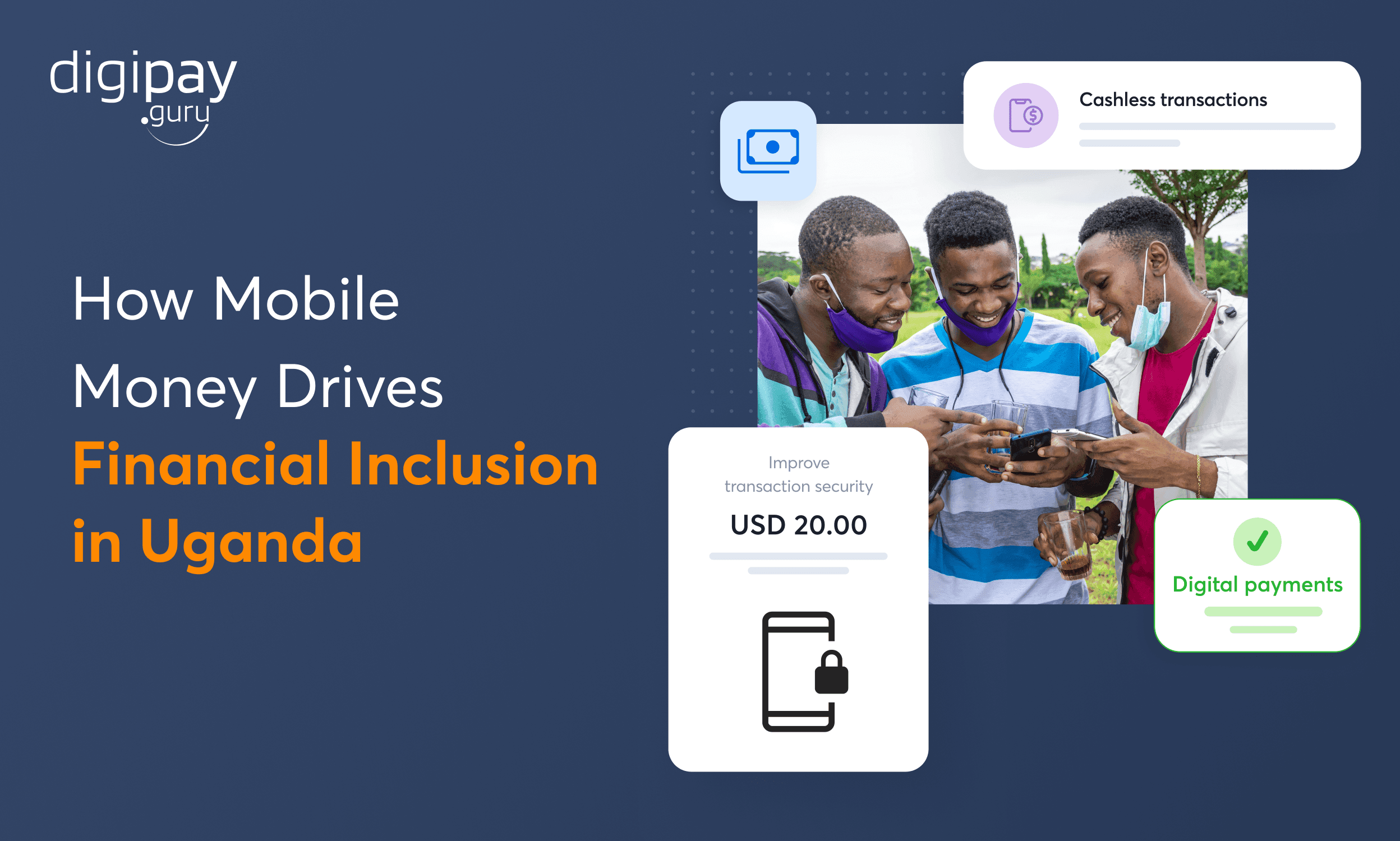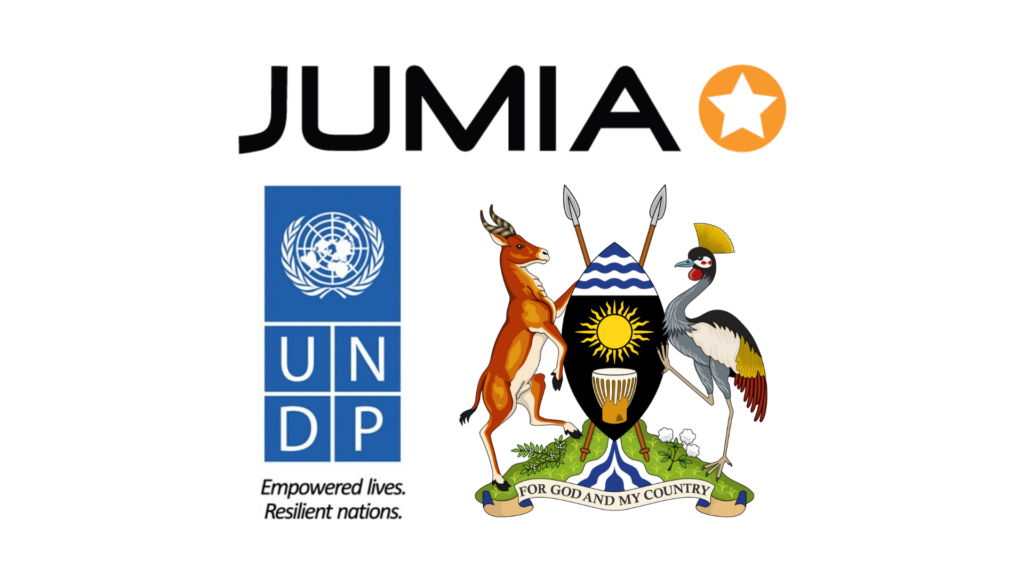
Revolutionizing Uganda's Economy: The Impact of E-commerce on Growth and Development
Revolutionizing Uganda’s Economy: The Impact of E-Commerce on Growth and Development
1. Introduction

Uganda’s economy is undergoing a digital transformation, and e-commerce sits at the heart of this change.
What began as small-scale online trade has evolved into a national growth driver, connecting farmers, artisans, and entrepreneurs to markets far beyond their local communities.
Through mobile money innovation, expanding internet access, and a growing youth population eager to engage with technology, Uganda is harnessing e-commerce as a tool for inclusive growth and sustainable development.
2. The Rise of E-Commerce in Uganda

Over the past decade, the Ugandan digital marketplace has experienced rapid expansion.
Platforms such as Jumia Uganda, Kikuubo Online, and Mall for Africa have introduced convenient access to goods and services, while allowing small- and medium-sized enterprises (SMEs) to reach wider audiences.
This rise is driven by:
-
📱 Mobile technology: With over 30 million mobile phone users, Uganda’s population has embraced mobile money and online transactions.
-
🌐 Improved internet penetration: Nationwide initiatives by the Uganda Communications Commission (UCC) are expanding connectivity, particularly in rural areas.
-
💼 Entrepreneurial spirit: The youth demographic—making up nearly 70% of Uganda’s population—forms the core of this digital revolution.
For context, see UCC’s industry data and Jumia Uganda’s growth reports.
3. Mobile Money: The Backbone of Digital Trade

Uganda is globally recognized for pioneering mobile money integration.
Services such as MTN Mobile Money, Airtel Money, and Wave have provided millions with easy access to digital payments—making e-commerce possible even for those without traditional bank accounts.
This system has enabled:
-
Secure and fast transactions for rural and urban users.
-
Simplified payment for utilities, school fees, and online purchases.
-
Greater trust in online marketplaces through traceable transactions.
Mobile money now accounts for a significant portion of Uganda’s GDP, underlining its transformative power in the broader digital economy.
Learn more at Bank of Uganda’s financial inclusion reports.
4. Empowering SMEs and Local Entrepreneurs

E-commerce is giving Ugandan entrepreneurs unprecedented visibility.
SMEs that once depended solely on physical trade are now able to sell through online stores and social media platforms like Facebook Marketplace, X (Twitter), and WhatsApp Business.
Benefits for local businesses include:
-
Reduced operational costs through online storefronts.
-
Access to new customer bases both locally and internationally.
-
Opportunities to compete on product quality and service rather than location.
Programs supported by the United Nations Development Programme (UNDP) and Private Sector Foundation Uganda (PSFU) have further encouraged SMEs to digitize operations and adopt e-commerce solutions.
5. E-Commerce’s Broader Economic Impact

E-commerce is not just reshaping retail—it’s restructuring Uganda’s economy.
The digital marketplace is boosting employment, improving logistics, and stimulating innovation across several industries.
Key economic benefits include:
-
💡 Job creation: Growth in logistics, delivery, customer service, and digital marketing.
-
📦 Supply-chain modernization: Businesses adopt inventory tracking and analytics to streamline operations.
-
🌍 Export potential: Online visibility enables Ugandan products—from coffee to crafts—to reach international buyers.
These advances contribute directly to Uganda’s Vision 2040, which prioritizes ICT-driven development and innovation.
6. Challenges Hindering Full Potential
Despite remarkable progress, several challenges remain:
-
Infrastructure limitations: Poor road networks and slow last-mile delivery hinder rural participation.
-
Low digital literacy: Many citizens still lack the skills to shop or sell online confidently.
-
Consumer trust issues: Fear of fraud and poor product quality reduces conversion rates.
-
Regulatory gaps: Need for updated laws on data protection and electronic transactions.
Collaborative efforts between government, telecom providers, and the private sector are ongoing to address these issues and create a safer, more inclusive e-commerce ecosystem.
7. The Future of Digital Trade in Uganda

The future of Ugandan e-commerce looks promising.
With increasing smartphone use, fintech innovation, and regional trade integration under the African Continental Free Trade Area (AfCFTA), Uganda is set to become a digital trade powerhouse.
Initiatives such as Digital Uganda Vision, Smart Africa Alliance, and Innovation Hubs in Kampala and Mbarara continue to strengthen the country’s digital ecosystem.
For more, explore Digital Uganda Vision 2040 and Smart Africa Alliance initiatives.
8. Conclusion
E-commerce has become a transformative force in Uganda’s journey toward inclusive economic growth.
By connecting rural producers, empowering SMEs, and driving digital literacy, it is laying the foundation for a more connected, equitable, and prosperous nation.
As Uganda continues to invest in infrastructure, innovation, and education, e-commerce will remain a pillar of its sustainable development and a model for digital transformation across Africa.
✅ Internal Links
Share
